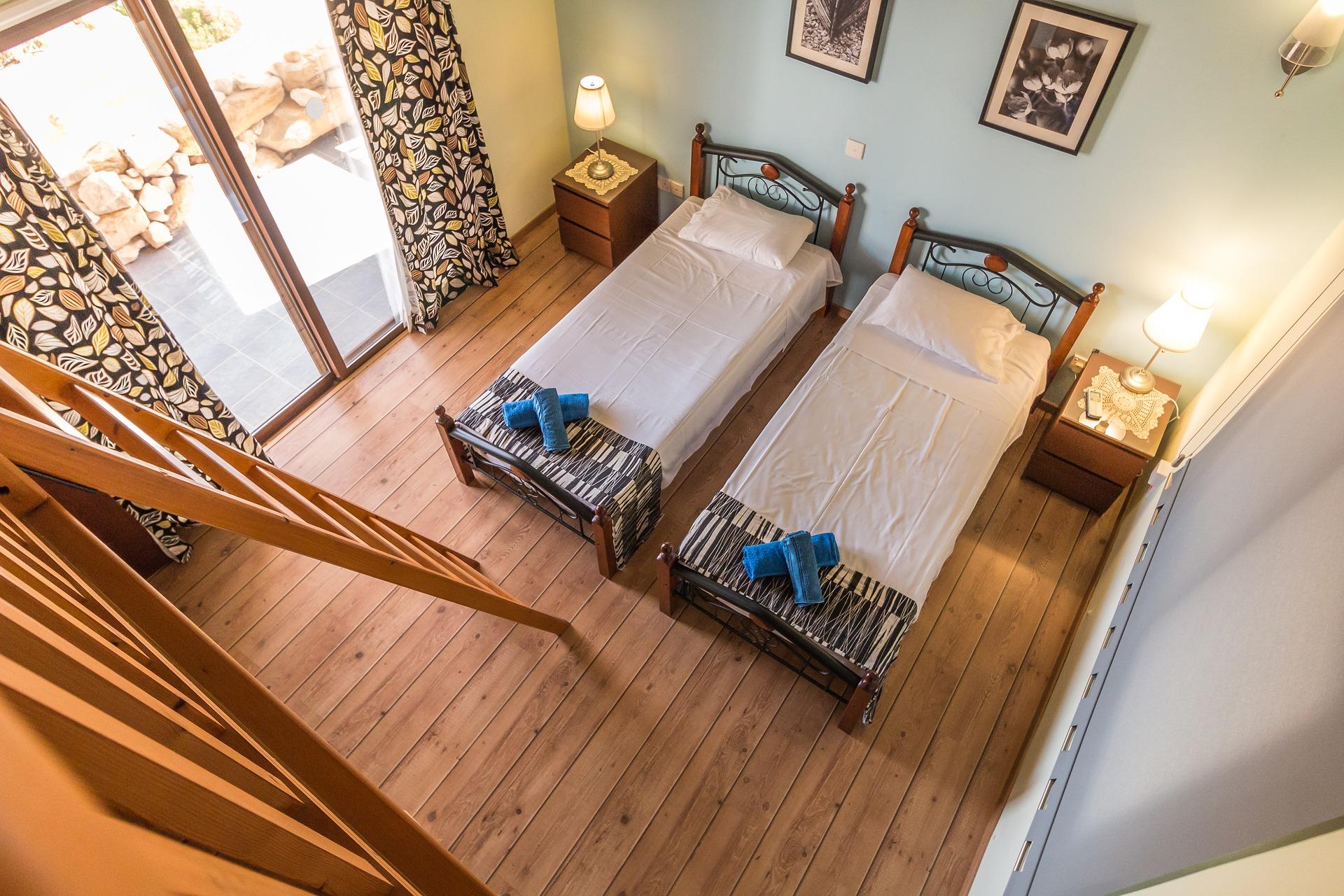Some people believe that there are two types of travelers – the buried-in-the-map tourist and the spontaneous backpacker. Well, I'd like to keep it real and narrow them down to two as well – the traveler with the money and the traveler without the money. Simple.
Traveling is expensive (but it's worth it). Months or years worth of savings is needed, to begin with. And if you travel a lot, you must be familiar with the costs of hotels and how they make up a large chunk of your budget. Some travelers just cannot afford that kind of luxury. They are either just frugal or they don't have the money for it. Besides, the experience is the heart of traveling, not comfortable lodging or fancy breakfast meals. A traveler just needs a momentary haven for the night and paying a couple of hundred bucks for a hotel room may not be the wisest move.
So if you're one of the people seeking cheaper alternatives to pricey hotel rooms, this article is for you. Listed here are seven options for accommodations that won't break the bank.
1. Vacation Rentals
Vacation rentals are preferred by many travelers over pricey hotels for some good reasons – guests are likely to enjoy generally less expensive, unique, and spacious lodgings, and live like a local. Some of the examples are privately-owned villas, guesthouses, log cabins, flats, and apartments.
Unlike average hotel rooms, vacation rentals include kitchen and laundry facilities. Since they are quite larger yet cheaper than hotels with homey features, they are a good bargain for families and groups who'd be willing to share costs.
2. Homestays
If you don't mind sleeping in someone's spare bedroom or even on one's couch, then homestays might sound like a great idea. They are one of the cheapest modes of lodging – in many cases, they're free.
Couchsurfing is a popular example of homestays. The app allows frugal, trustworthy, and fun travelers to find local hosts who'd be willing to share their couch or guest room with them. Typically, in exchange for crashing on their place, the host stays in the apartment with the guest (known as couch surfers) and the guest makes a meal (or pay for meal or drinks) for the host. Small gifts offered to the host for his generosity and hospitality is also encouraged.
Homestays are perfect for travelers whose motto says, "life is an adventure." Sharing meals, drinks, stories, and culture with the locals in a communal vacation is one of the best ways to experience the destination of your choice.
3. Airbnb and other short-term room rentals
This is a cross between vacation rentals and homestays – wherein locals open up their characteristic homes or spare rooms to weary travelers seeking short-term accommodation for lower nightly rates.
It caters to both hosts, who want to make extra passive income, and guests who seek a local's eye view of the destination.
The websites that serve as old standbys for short-term rentals are HomeAway, VRBO, and TravelMob. If you're looking for hip, Insta-worthy lodgings, start-ups like Airbnb, 9flats, and Onefinestay, can be accessed. Here, you can book rentals in some truly creative digs all over the world, from stylish flats and apartment rooms to eccentric living areas like garden flats, castles, penthouses, and even tree houses.
4. Farmstays
The name itself implies that this type of lodging caters to those traveling to rural areas. Farmstays are popular in Europe, New Zealand, and Australia. Farm homes are located in a quiet, close to nature setting, so you could take a break from the hustle and bustle of city living.
Indulge in hearty breakfasts. Feast your eyes on lush green landscapes. Learn to make cheese or spin wool. Breathe in the fresh air. And no, you don't necessarily have to feed the chickens or milk the cows to take advantage of these deals, but you're welcome to.
5. Religious housing
If staying at a house for monks, rabbis, nuns, and priests for a couple of nights won't bother you (or creep you out), then this alternative is a great deal for your budget. Convents, monasteries, and Christian or Jewish guesthouses are offered by religious organizations for affordable lodging, but it still depends on where you're traveling.
Calm and clean environment, as well as comfortable rooms for lower prices, await you. However, religious housings may not be suitable for families with noisy and rowdy kids. They also have a curfew and may not be for folks who'd love to party into the wee hours.
6. Hostels
Don't mind plenty of company? Hostels cater to budget travelers who ask for nothing but a decent bed to rest for the night. Basically, you'll get a bed in a dorm shared by other travelers. They also have communal kitchens so you could save by preparing your own meals.
The biggest downside, aside from lacking privacy, is lacking safety. So make sure to check reputable sites including Hostels.com or HostelWorld.com for recommendations and reviews.
7. Camping
Sleeping under the stars – literally – can be a magical experience. It may not be the most comfortable option (think about washing dishes in a bucket, cooking over a campfire or camp stove, and a great chance of dozing off with mosquitoes) but it is one of the cheapest and most exhilarating alternatives.
Author Bio:
Carmina Natividad is one of the writers for Holiday Inn Parramatta, a modern hotel in Western Sydney known for their exceptional accommodation, service, and location, which appeals to travelers in Australia. She has always been passionate about giving in to her wanderlust and collecting mementos from different places.













No Comments